The outcome of Lord Stern’s independent review of the REF has been published. You can view the report here. The recommendations from the report are as follows.
1. All research active staff should be returned in the REF (and allocated to a unit of assessment).
2. Outputs should be submitted at Unit of Assessment level with a set average number per FTE but with flexibility for some faculty members to submit more and others less than the average (this hopes to shift the spotlight from the individual to the Unit of Assessment).
3. Outputs should not be portable (to encourage a long- term approach to investment).
4. Panels should continue to assess on the basis of peer review. However, metrics should be provided to support panel members in their assessment, and panels should be transparent about their use.
5. Institutions should be given more flexibility to showcase their interdisciplinary and collaborative impacts by submitting ‘institutional’ level impact case studies, part of a new institutional level assessment(for a more strategic approach).
6. Impact should be based on research of demonstrable quality. However, case studies could be linked to a research activity and a body of work as well as to a broad range of research outputs.
7. Guidance on the REF should make it clear that impact case studies should not be narrowly interpreted, need not solely focus on socioeconomic impacts but should also include impact on government policy, on public engagement and understanding, on cultural life, on academic impacts outside the field, and impacts on teaching (the report recommends that research leading to impact on curricula and/ or pedagogy should be included).
8. A new, institutional level Environment assessment should include an account of the institution’s future research environment strategy, a statement of how it supports high quality research and research-related activities, including its support for interdisciplinary and cross-institutional initiatives and impact. It should form part of the institutional assessment and should be assessed by a specialist, cross-disciplinary panel. (Institutional-level environment statement will allow for a more holistic view of the HEI).
9. That individual Unit of Assessment environment statements are condensed, made complementary to the institutional level environment statement and include those key metrics on research intensity specific to the Unit of Assessment.
10. Where possible, REF data and metrics should be open, standardised and combinable with other research funders’ data collection processes in order to streamline data collection requirements and reduce the cost of compiling and submitting information (to reduce burden and improve transparency).
11. That Government, and UKRI, could make more strategic use of REF, to better understand the health of the UK research base, our research resources and areas of high potential for future development, and to build the case for strong investment in research in the UK (to help with the UKRI’s aim of being the strategic voice for research in the UK).
12. Government should ensure that there is no increased administrative burden to Higher Education Institutions from interactions between the TEF and REF, and that they together strengthen the vital relationship between teaching and research in HEIs (the report notes that successful institutions do not separate teaching and research missions, a common dataset that can describe university research and teaching staff is recommended).
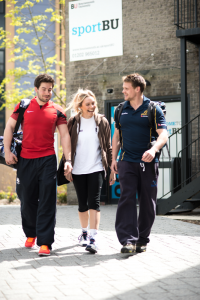
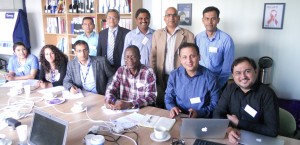
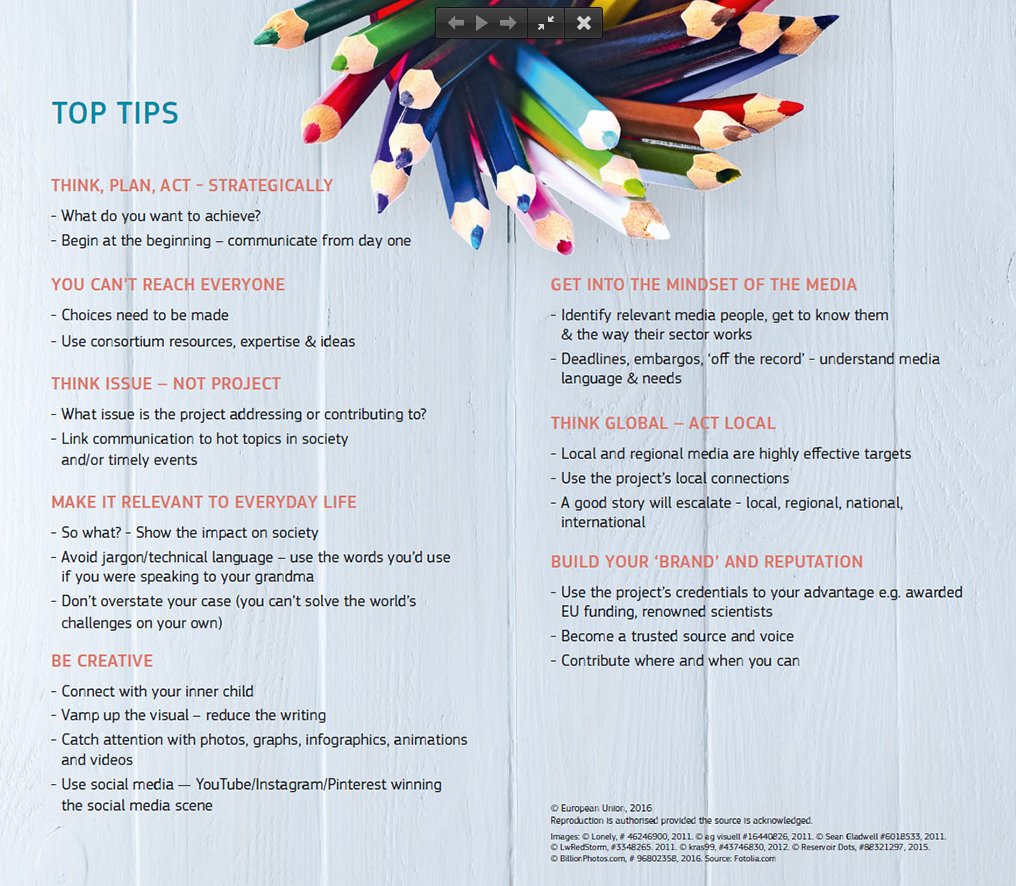
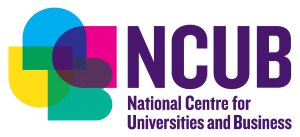
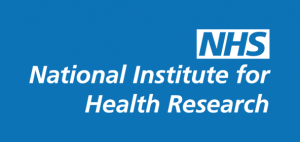
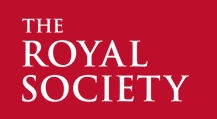

 Dr. Pramod Regmi in FHSS published his latest paper today in the South East Asia Journal of Public Health. The paper ‘Priority public health interventions and research agendas in post-earthquake Nepal’ is co-authored with researchers based in New Zealand, Nepal and the UK [1]. The authors reminds the readers that natural disasters cause huge damage to infrastructure, economies as well as population health. Nepal’s 2015 earthquake has multiple effects on population health and health services delivery. Many public health facilities, mostly health posts or sub-healthposts, were damaged or completely destroyed. Priority health services such as immunisation and antenatal care were also seriously affected.
Dr. Pramod Regmi in FHSS published his latest paper today in the South East Asia Journal of Public Health. The paper ‘Priority public health interventions and research agendas in post-earthquake Nepal’ is co-authored with researchers based in New Zealand, Nepal and the UK [1]. The authors reminds the readers that natural disasters cause huge damage to infrastructure, economies as well as population health. Nepal’s 2015 earthquake has multiple effects on population health and health services delivery. Many public health facilities, mostly health posts or sub-healthposts, were damaged or completely destroyed. Priority health services such as immunisation and antenatal care were also seriously affected.
![InnovateUK_LogoA_Interim_RGBx320govuk[1]](http://blogs.bournemouth.ac.uk/research/files/2014/12/InnovateUK_LogoA_Interim_RGBx320govuk11-300x90.jpg)

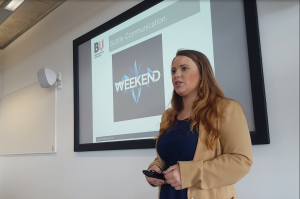
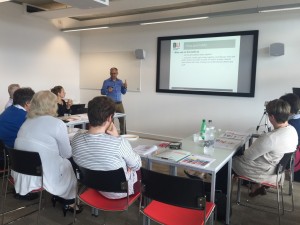
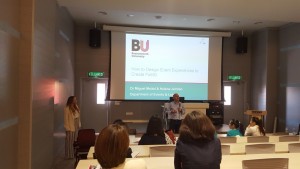
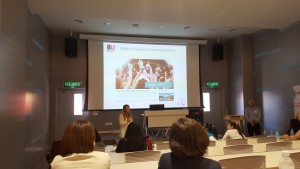











 Fourth INRC Symposium: From Clinical Applications to Neuro-Inspired Computation
Fourth INRC Symposium: From Clinical Applications to Neuro-Inspired Computation Writing policy briefs
Writing policy briefs Upholding Excellence: The Concordat to Support Research Integrity
Upholding Excellence: The Concordat to Support Research Integrity Today’s Documentation Will Serve Tomorrow’s Justice
Today’s Documentation Will Serve Tomorrow’s Justice ECR Funding Open Call: Research Culture & Community Grant – Application Deadline Friday 12 December
ECR Funding Open Call: Research Culture & Community Grant – Application Deadline Friday 12 December MSCA Postdoctoral Fellowships 2025 Call
MSCA Postdoctoral Fellowships 2025 Call ERC Advanced Grant 2025 Webinar
ERC Advanced Grant 2025 Webinar Horizon Europe Work Programme 2025 Published
Horizon Europe Work Programme 2025 Published Horizon Europe 2025 Work Programme pre-Published
Horizon Europe 2025 Work Programme pre-Published Update on UKRO services
Update on UKRO services European research project exploring use of ‘virtual twins’ to better manage metabolic associated fatty liver disease
European research project exploring use of ‘virtual twins’ to better manage metabolic associated fatty liver disease